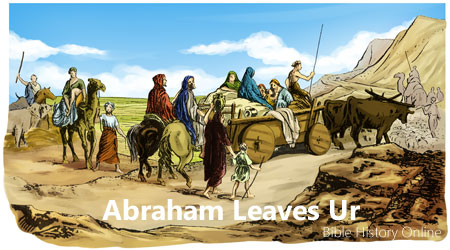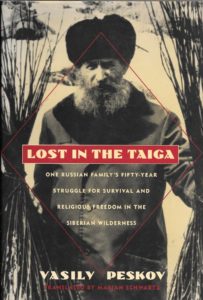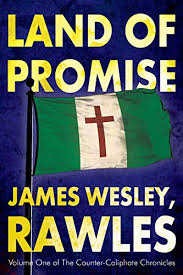 Judeo-Christianity has renewed itself again and again by fleeing societies that have become ungodly. Abraham left Ur. Moses abandoned Egypt. The Pilgrims headed for the New World. The Mormons trekked to Utah. New beginnings came with extreme risk.
Judeo-Christianity has renewed itself again and again by fleeing societies that have become ungodly. Abraham left Ur. Moses abandoned Egypt. The Pilgrims headed for the New World. The Mormons trekked to Utah. New beginnings came with extreme risk.
Self-preservation and self-defense often meant that you had to fight. Religious wars were valid in past centuries when the very groundings of faith were at stake. Reform movements sought to restore bedrock beliefs. Some things were worth dying for.
Moderns have a hard time understanding what motivated earlier Christians. Though few will admit it, our society has firmly embraced moral relativism, which one online definition says “is the position that moral or ethical propositions do not reflect objective and/or universal moral truths, but instead make claims relative to social, cultural, historical or personal circumstances.”
All power to our media outlets for embedding this invisible values system even in the minds of most Christians and conservatives. It’s pervasive and seemingly irreversible—to the point that some today consider secular societies in the West as lost, so better to leave and start over somewhere else.
 When godless Bolshevism swept Christianity out of Russia, one family of Old Believers refused to accept the endless compromises and redefinitions of basic principles that hollow-out once-strong religions. In 1936, Karp Lykov had had enough of Communist secular repression, so he led his family into one of the remotest places on earth, according to Vasily Peskov in his book Lost in the Taiga: One Russian Family’s Fifty-Year Struggle for Survival and Religious Freedom in the Siberian Wilderness.
When godless Bolshevism swept Christianity out of Russia, one family of Old Believers refused to accept the endless compromises and redefinitions of basic principles that hollow-out once-strong religions. In 1936, Karp Lykov had had enough of Communist secular repression, so he led his family into one of the remotest places on earth, according to Vasily Peskov in his book Lost in the Taiga: One Russian Family’s Fifty-Year Struggle for Survival and Religious Freedom in the Siberian Wilderness.
The Smithsonian and various YouTube videos continue to document the sole survivor, Agafia, now in her 70s, who remains in the same location decades after her parents and siblings have died off. She has kept the faith in isolation, praying to start each morning, reading her Bible, and singing ancient hymns. She is happy. She is a Christian survivalist.
 Another Christian survivalist, James Wesley Rawles, has written about the future need for Christians to establish a brand-new homeland, much as the Jews sought refuge in modern Israel. His Land of Promise uses the novel format to work out the how-to details to set up a new country in Africa for refugee Christians from throughout the world, including America and Europe, whose faith is no longer sustainable in now secular and religiously dumbed-down societies.
Another Christian survivalist, James Wesley Rawles, has written about the future need for Christians to establish a brand-new homeland, much as the Jews sought refuge in modern Israel. His Land of Promise uses the novel format to work out the how-to details to set up a new country in Africa for refugee Christians from throughout the world, including America and Europe, whose faith is no longer sustainable in now secular and religiously dumbed-down societies.

